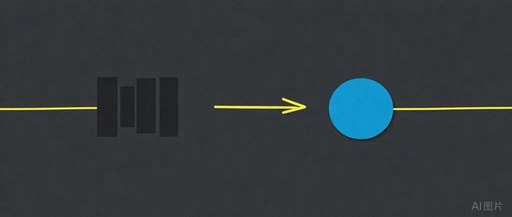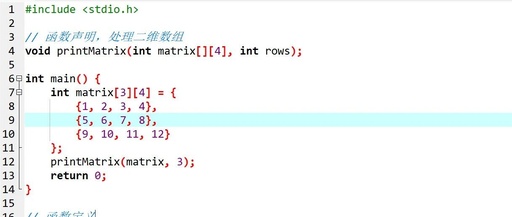The Clever Use of Void Pointers in Embedded C Language
Follow usLearn Embedded Together, learn and grow together In C language, <span>void*</span> is a special pointer type known as “generic pointer” or “untyped pointer”. Unlike regular pointers, void pointers are not associated with any specific data type, which gives them unique flexibility and a wide range of applications. Core Advantages 1. Strong Generality, Can Point … Read more









